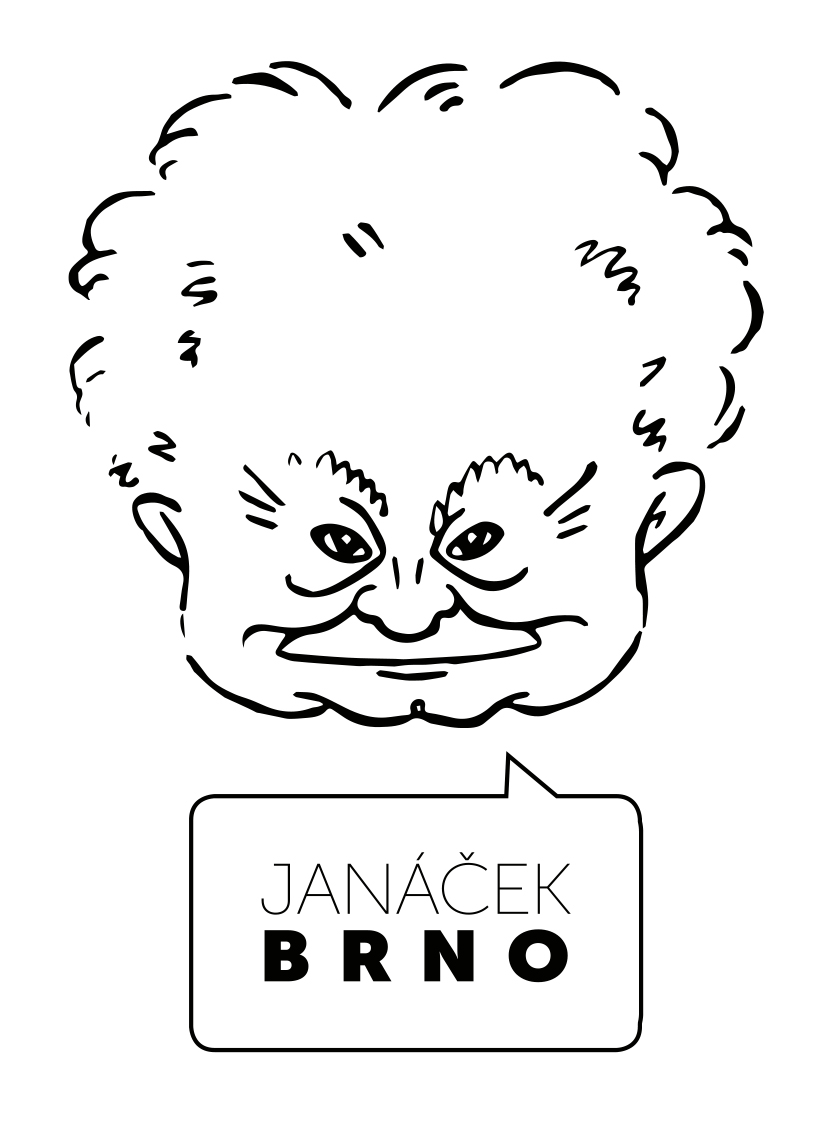
THE BEGINNING OF A ROMANCE JW I/3
opera in one act
libretto by Jaroslav Tichý, based on a short story by Gabriela Preissová
premiere 10. 2. 1894 Brno
first edition, Dilia - Alkor-Editio, Prague-Kassel 1978 (ed. Evžen Holiš)
An ethnographic picture from Moravian Slovakia about the brief love between Baron Adolf and a peasant girl, Poluška, containing folk songs and dances. Janáček quickly abandoned this compositional approach and later even called his second opera "an empty comedy".
Janáček's second opera, set in Moravian Slovakia, falls into the period when the composer's interest in folk music was at its height. In 1891, as part of the Provincial Jubilee Exhibition, his series of songs and dances, Rákoš Rákoczy, was performed at the National Theatre in Prague, and Janáček wanted to follow up on the success of this piece with another Moravian-folk influenced work. He, therefore, asked the writer Gabriela Preissová, to adapt her short story, The Beginning of a Romance (which in turn had been inspired by a painting of the same name by Jaroslav Věšín), into a libretto. However, Preissová turned down Janáček's request and the libretto was eventually written on Janáček's request by a teacher at the Brno gymnasium, Jaroslav Tichý, (pseudonym of František Rypáček). As soon as the opera was ready, Janáček offered it to the Prague National Theatre for production, but it was not accepted as the music was too similar to the recently produced Rákoš Rákoczy. The composer eventually conducted the premiere in Brno in 1894, and although it was a success, with Janáček being celebrated as a true Moravian composer, due to the naive libretto and the inclusion of folk songs and dances, it is not one of Janáček's more memorable opera works. Later the composer himself was to doubt the quality of the work when thirty years after the premiere he stated, "The Beginning of a Romance was an empty comedy; it was tasteless to force me to put folk songs into it."
Opera synopsis
A poor girl, Poluška, waits in a forest for Baron Adolf, who has charmed her so much that she has completely forgotten about her sweetheart, Tonek. She gazes fondly at the portrait of the baron which she received from the lord of the castle. The baron arrives at the arranged meeting point and proceeds to flatter the pretty Poluška. However, the amorous couple are spotted by the the gamekeeper Mudroch, the girl's godfather, who suddenly appeared in the forest. Unobserved, he looks on in horror as the baron takes Poluška in his arms.
After returning from the forest, Poluška meets Tonek, but after her meeting with the baron she finds him abhorrent. Tonek cannot comprehend her behaviour and reproaches and recriminations follow. In the meantime, the baron meets Countess Irma, who he has known since she was a child, and is now bewitched by her young beauty. He starts to court her and no longer thinks about Poluška.
The gamekeeper Mudroch has come to tell Poluška's family about the relationship between their daughter and the baron. At first they are furious and when Poluška returns she has to confess everything to them. The girl does not deny it and flaunts the portrait of the baron. Her father decides to take the portrait of the lord of the castle to the old Count and ask about a possible marriage between his daughter and the baron. However, the Count does not want to hear about any relationship between his son and the poor daughter. In the end, Poluška happily returns to Tonka and a wedding can be arranged.
